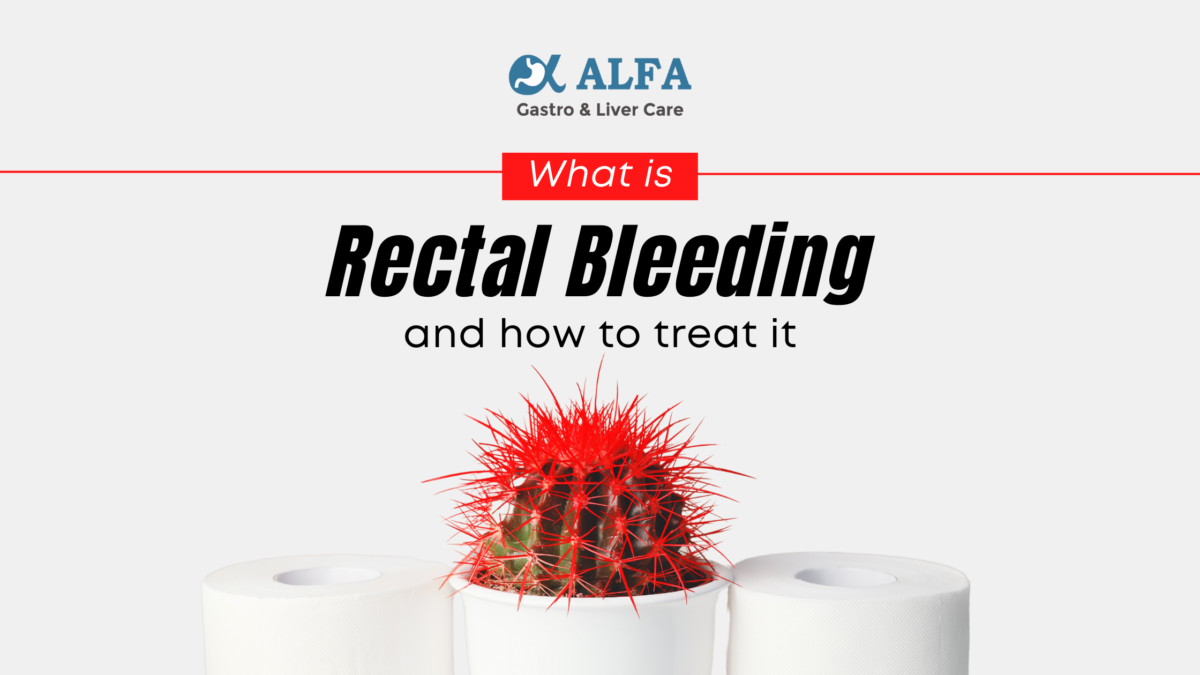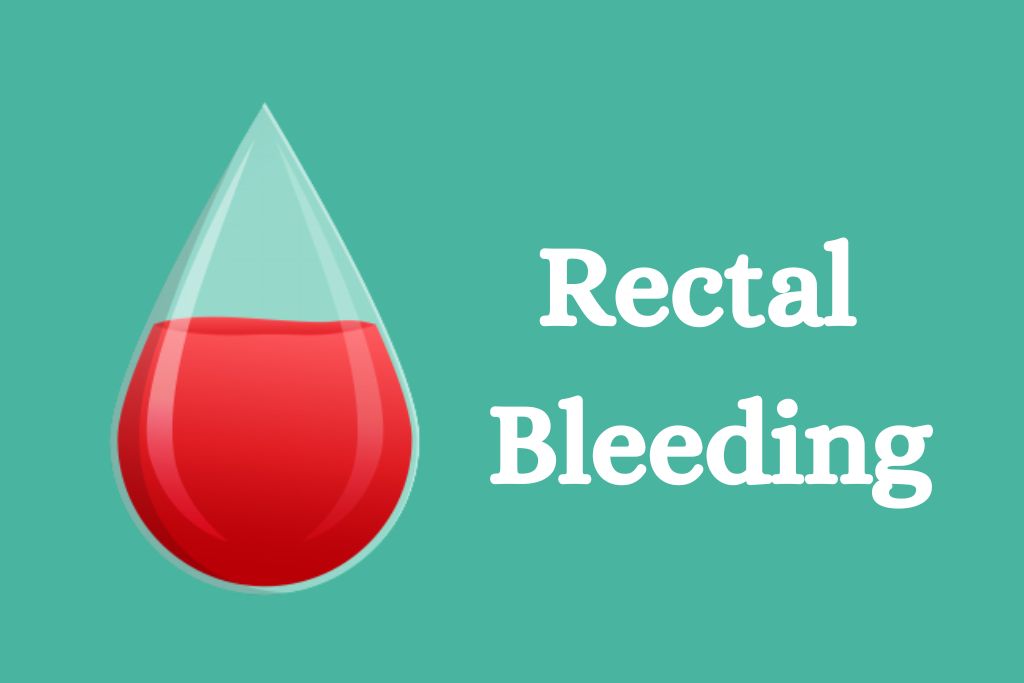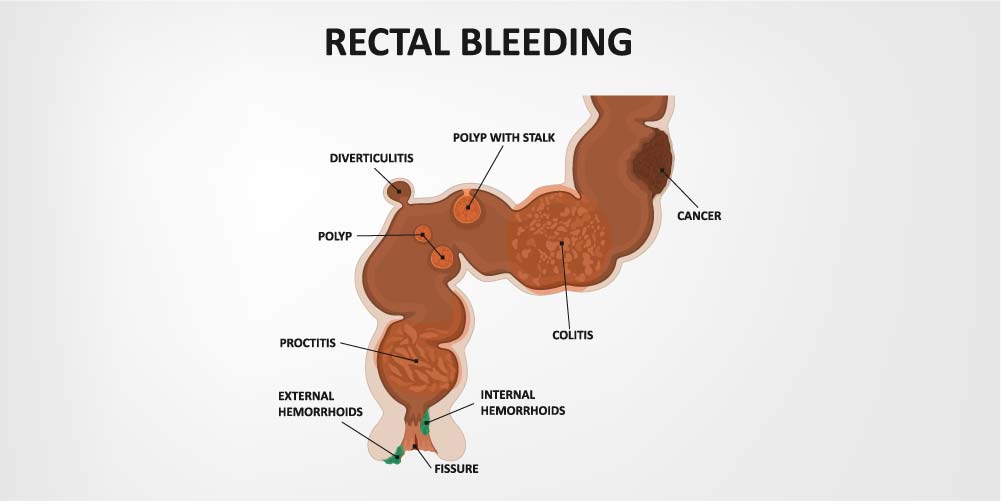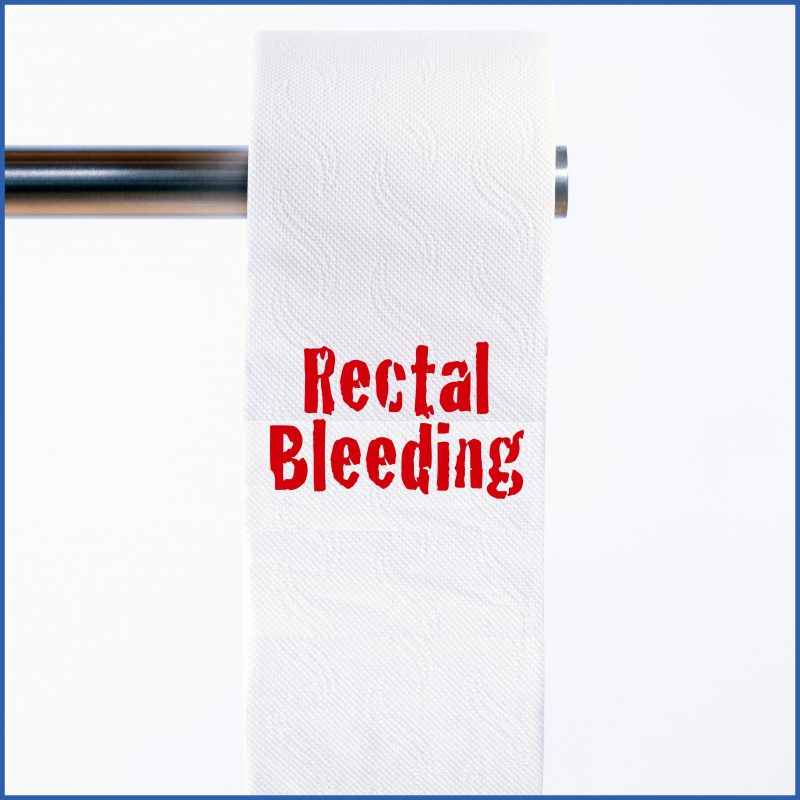Simple Info About How To Prevent Rectal Bleeding

The association of coloproctology of great britain and ireland, along with the royal college of surgeons, have recently updated their guidance on commissioning for the elective.
How to prevent rectal bleeding. What does rectal bleeding (blood in stool) mean? With occult bleeding, you might have: Ulcerative colitis is a chronic inflammatory bowel disease (ibd) that primarily affects the colon.
Hemorrhoids (swollen blood vessels in your rectum) anal fissures (tears in the tissue inside your anus) medical conditions, such as cancer, colitis,. Blood in your poo or bloody diarrhoea. 8 most common cause (s) anal fissure.
But you should always keep an eye. If it doesn't, treatment depends on where the bleed is from. Pink water in the toilet bowl.
While some causes of blood with bowel movements are minor, others, such as colon cancer, are. It is common to see blood on the toilet paper, around the stool (poo), or in the toilet after a bowel motion. Bleeding in the digestive tract is a symptom of a problem rather.
If it stops and doesn’t come back, it probably won’t need further treatment. If you've got haemorrhoids (piles), chances are, you're not. If rectal bleeding is accompanied by severe abdominal pain, vomiting that won’t stop, or dizziness and fainting, call 911 and.
Rectal bleeding, which is bleeding from the rectum or anus, is a scary but surprisingly common phenomenon. Depending on the cause, your rectal bleeding may stop on its own. What your doctor will check.
Are you sitting comfortably? This is known as rectal bleeding and it can occur for many. Make an appointment to see your healthcare provider.
What are some possible treatments for rectal bleeding? Why does it happen? In many cases, bleeding can be treated with medicine or a procedure during a test.
Rectal bleeding, usually in or with stool.


















